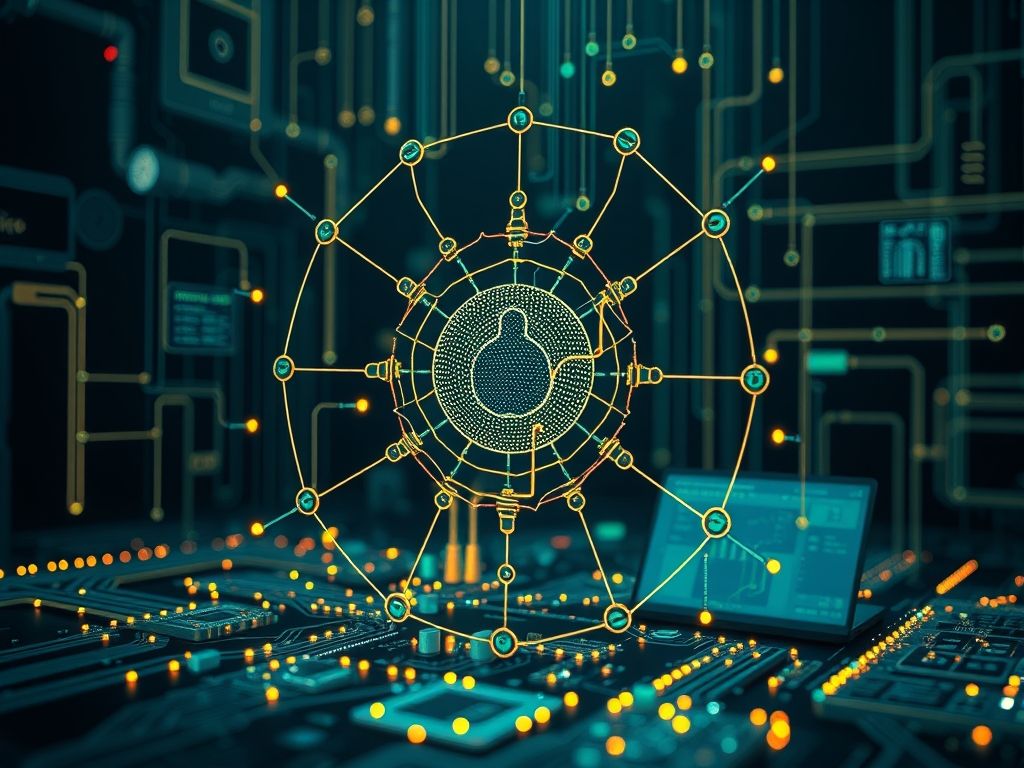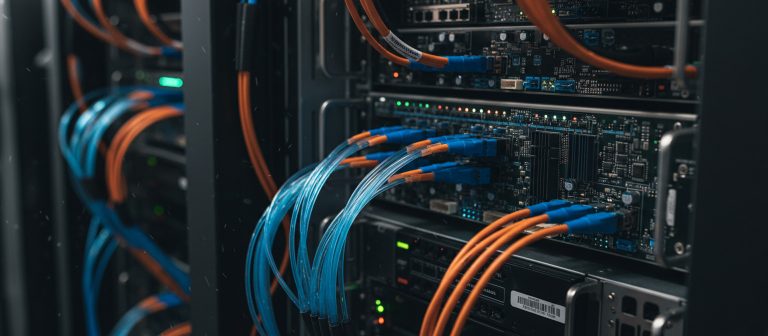Understanding Intelligent Systems
Intelligent Systems are a subset of computer systems designed to perceive their environment, reason about it, and take actions to achieve specific goals. They integrate various technologies including artificial intelligence (AI), machine learning, robotics, and data analytics to function autonomously or semi-autonomously. These systems mimic human cognitive functions, such as learning and problem-solving, to enhance efficiency and effectiveness in numerous applications.
Importance of Intelligent Systems in Today’s Technology Landscape
The advent of Intelligent Systems marks a significant evolution in technology, particularly within the realms of information technology, artificial intelligence, and robotics. As businesses increasingly rely on automation and data-driven decision-making, these systems provide a competitive edge by optimizing processes and enhancing productivity.
- Efficiency: Intelligent Systems streamline operations by automating repetitive tasks, allowing human workers to focus on more complex and creative tasks.
- Accuracy: By leveraging data analytics and machine learning, they minimize human errors in decision-making processes.
- Scalability: Intelligent Systems can easily scale up operations to meet increasing demands without a proportional increase in costs.
Key Components of Intelligent Systems
To fully grasp the capabilities of Intelligent Systems, it’s essential to break down their main components:
- Data Input: Intelligent Systems rely on vast amounts of data from sensors, databases, and user interactions to make informed decisions.
- Processing Unit: This includes algorithms and models that analyze data, learn from it, and generate outputs. Machine learning plays a crucial role here.
- Output Mechanism: This is how the system communicates its decisions, whether through visual displays, alerts, or automated actions.
Real-World Applications of Intelligent Systems
Intelligent Systems find applications across various sectors, transforming industries through automation and enhanced decision-making capabilities. Here are some prominent examples:
1. Healthcare
In healthcare, Intelligent Systems are utilized for diagnostics, treatment personalization, and patient management. Systems like IBM Watson Health analyze vast datasets to assist in diagnosing diseases and suggesting treatment options.
2. Manufacturing
In manufacturing, Intelligent Systems optimize production lines through predictive maintenance and quality control. For instance, Siemens uses AI to enhance efficiency in its manufacturing processes, significantly reducing downtime.
3. Finance
In the finance sector, these systems are employed for fraud detection, risk assessment, and algorithmic trading. Companies like PayPal utilize Intelligent Systems to monitor transactions in real-time, identifying suspicious activities instantly.
4. Transportation
Intelligent Systems are pivotal in developing autonomous vehicles. Companies like Tesla and Waymo utilize advanced algorithms and machine learning to create self-driving cars that can navigate complex environments safely.
How to Implement Intelligent Systems in Your Work
Integrating Intelligent Systems into your workflow can drastically improve productivity and decision-making. Here’s how you can start:
- Identify Repetitive Tasks: Look for tasks that can be automated using Intelligent Systems. This could include data entry, scheduling, or customer support.
- Choose the Right Tools: There are numerous platforms and tools available for implementing Intelligent Systems, such as TensorFlow for machine learning or RPA tools for automation.
- Train Your Team: Ensure that your team is well-equipped to work with these systems through training and development programs.
Related Concepts in Intelligent Systems
Understanding Intelligent Systems also involves grasping related concepts that enhance their functionality:
- Artificial Intelligence: The broader field that encompasses various technologies enabling machines to mimic human intelligence.
- Machine Learning: A core component of Intelligent Systems that allows them to learn from data and improve over time.
- Robotics: The intersection of Intelligent Systems and physical machines, enabling automation in various industries.
Conclusion
Intelligent Systems are transforming the way we approach technology and automation in our daily lives. By understanding their components, applications, and integration methods, professionals can leverage these systems to optimize workflows, enhance productivity, and drive innovation. As the technology continues to evolve, staying informed and adaptable will be crucial in harnessing the full potential of Intelligent Systems.
Reflect and Implement
Consider how Intelligent Systems could revolutionize your work processes. Identify areas where automation could save time and resources, and take the first step towards integrating these powerful technologies into your daily operations.









